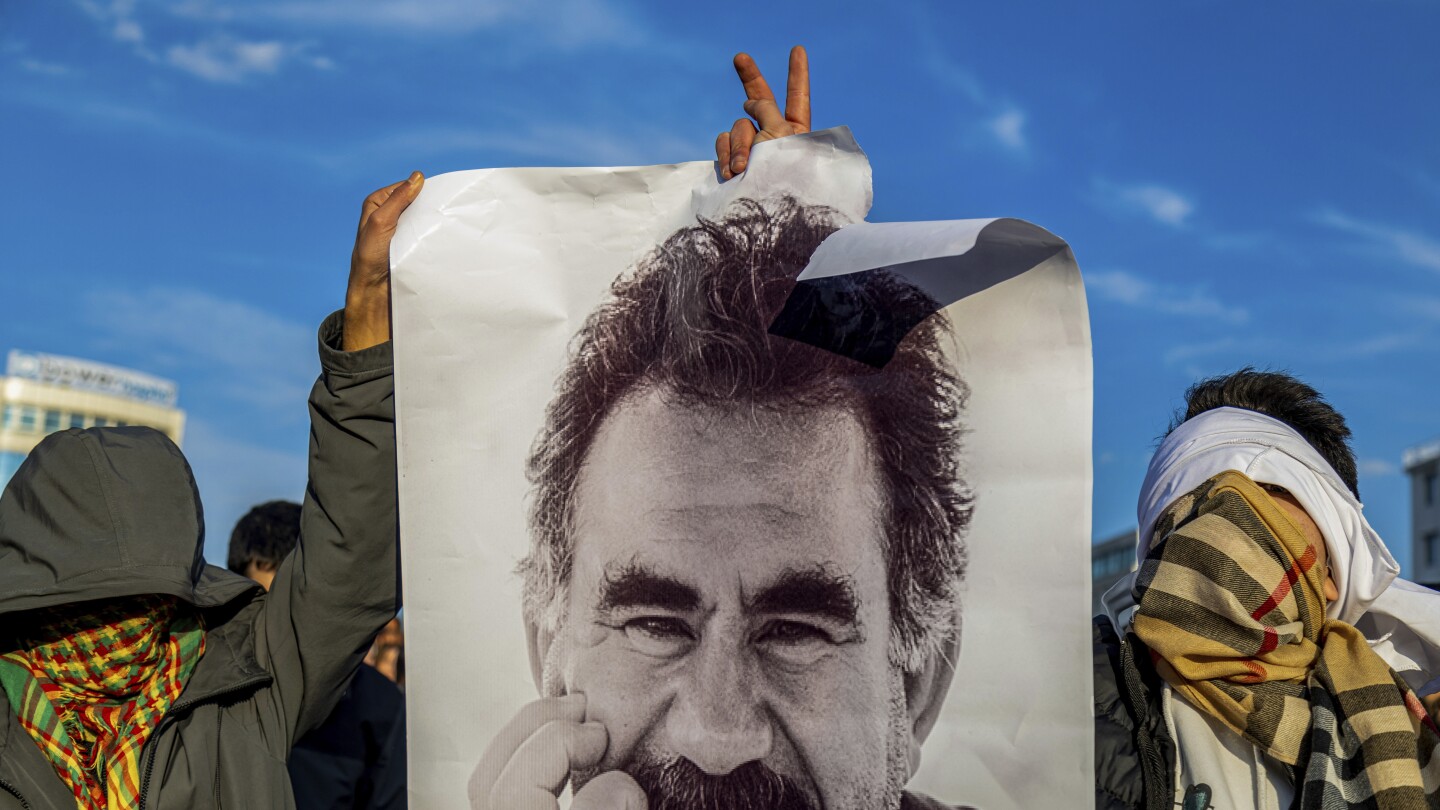In a groundbreaking move towards peace, the Kurdistan Workers' Party cPKKc declared its decision to disband and disarm after four decades of armed conflict. This historic announcement, made by the PKK through the Firat News Agency, a media outlet closely affiliated with the group, marks a significant development in the ongoing efforts to resolve the protracted conflict between Kurdish militants and the Turkish state.
The decision to disband the PKK comes on the heels of a party congress held in northern Iraq, where PKK leader Abdullah Ocalan, who has been imprisoned since 1999, called for the group to formally dissolve its organizational structure. Ocalan's plea for the PKK to disband represents a crucial step towards ending the violence that has plagued the region since the 1980s, resulting in the loss of tens of thousands of lives.
Following Ocalan's directive, the PKK announced a unilateral ceasefire on March 1, contingent upon the establishment of a legal framework for peace negotiations. This move signifies a willingness on the part of the group to pursue a peaceful resolution to the longstanding conflict, which has been a source of instability in the region for decades.
The PKK, designated as a terrorist organization by Turkey and its Western allies, has led an armed insurgency since 1984 in pursuit of greater rights and autonomy for the Kurdish population. The group's decision to disband its organizational structure and renounce armed struggle reflects a strategic shift towards pursuing its objectives through peaceful and democratic means.
The congress convened by the PKK concluded that the group's armed struggle had played a crucial role in advancing the Kurdish cause and bringing the issue to a point where it could be resolved through democratic politics. By formally terminating its activities under the name 'PKK', the group signals its commitment to transitioning towards a more peaceful and politically-oriented approach to achieving its goals.
The move to disband and disarm represents a significant turning point in the complex and long-standing conflict between Kurdish militants and the Turkish state. It opens up new possibilities for dialogue and reconciliation, paving the way for a more inclusive and sustainable peace process in the region.
As the PKK embarks on this new phase in its struggle for Kurdish rights, the international community will be closely watching to see how this decision will impact the wider dynamics of the region and the prospects for lasting peace and stability in Turkey and beyond.

